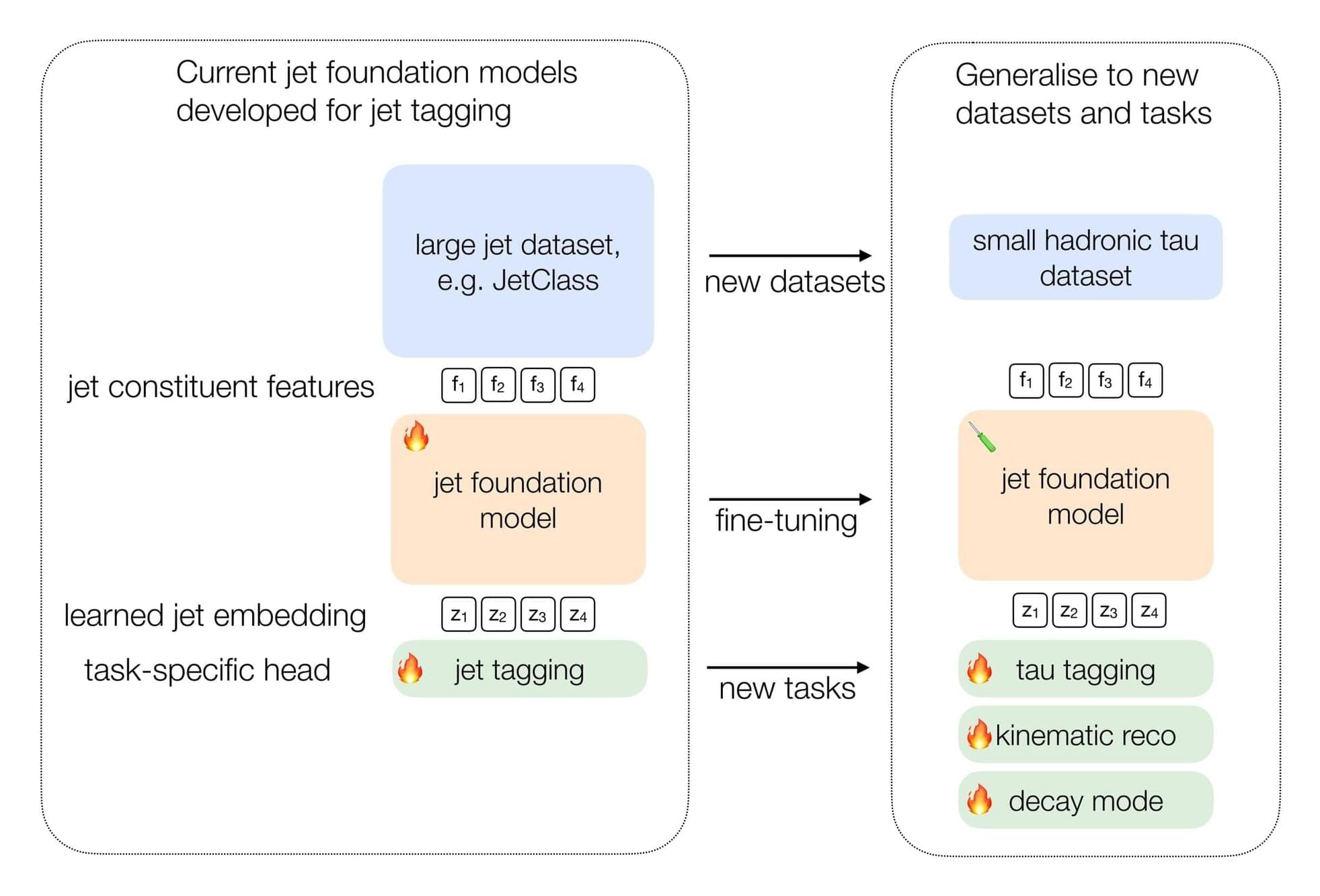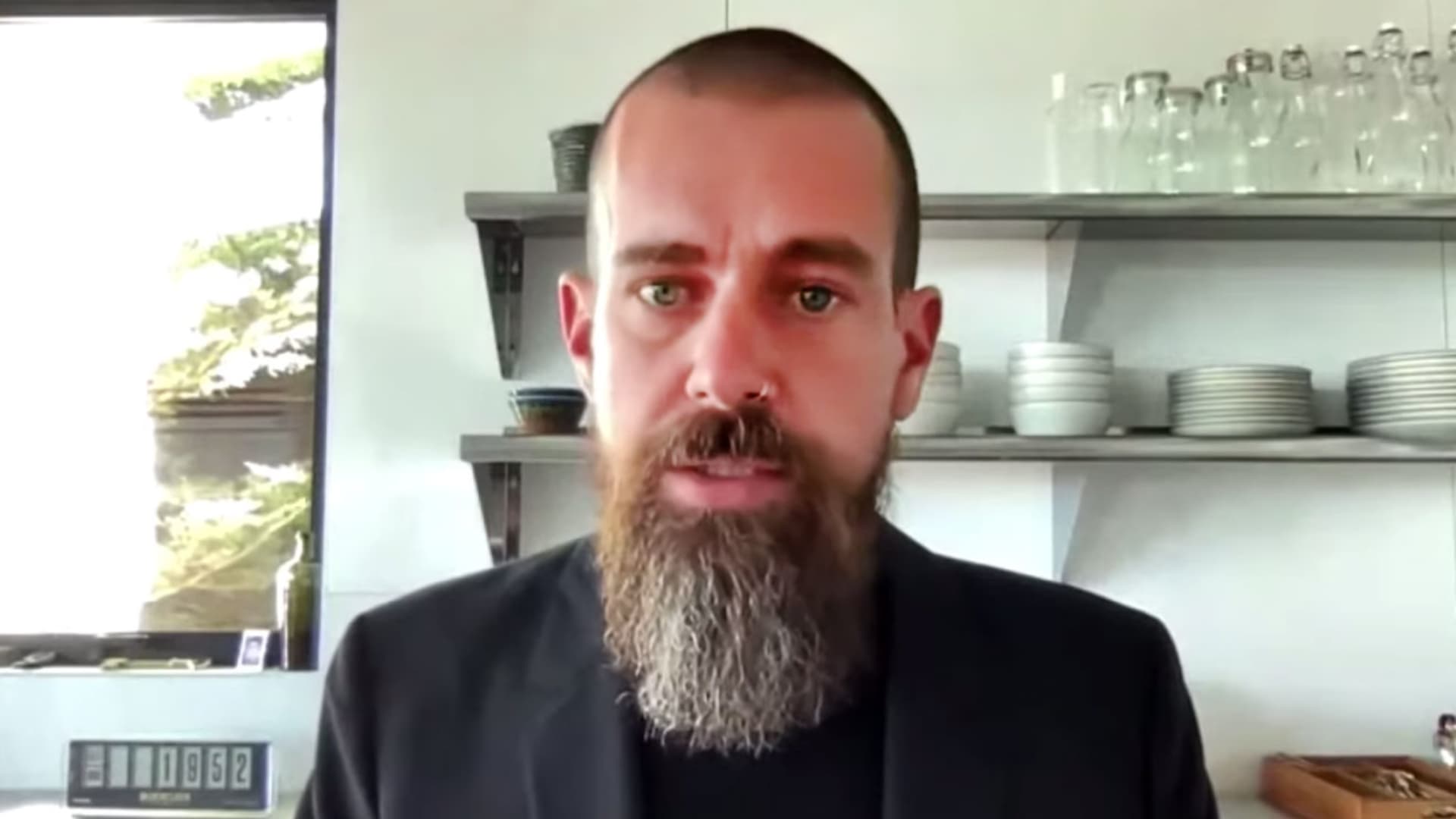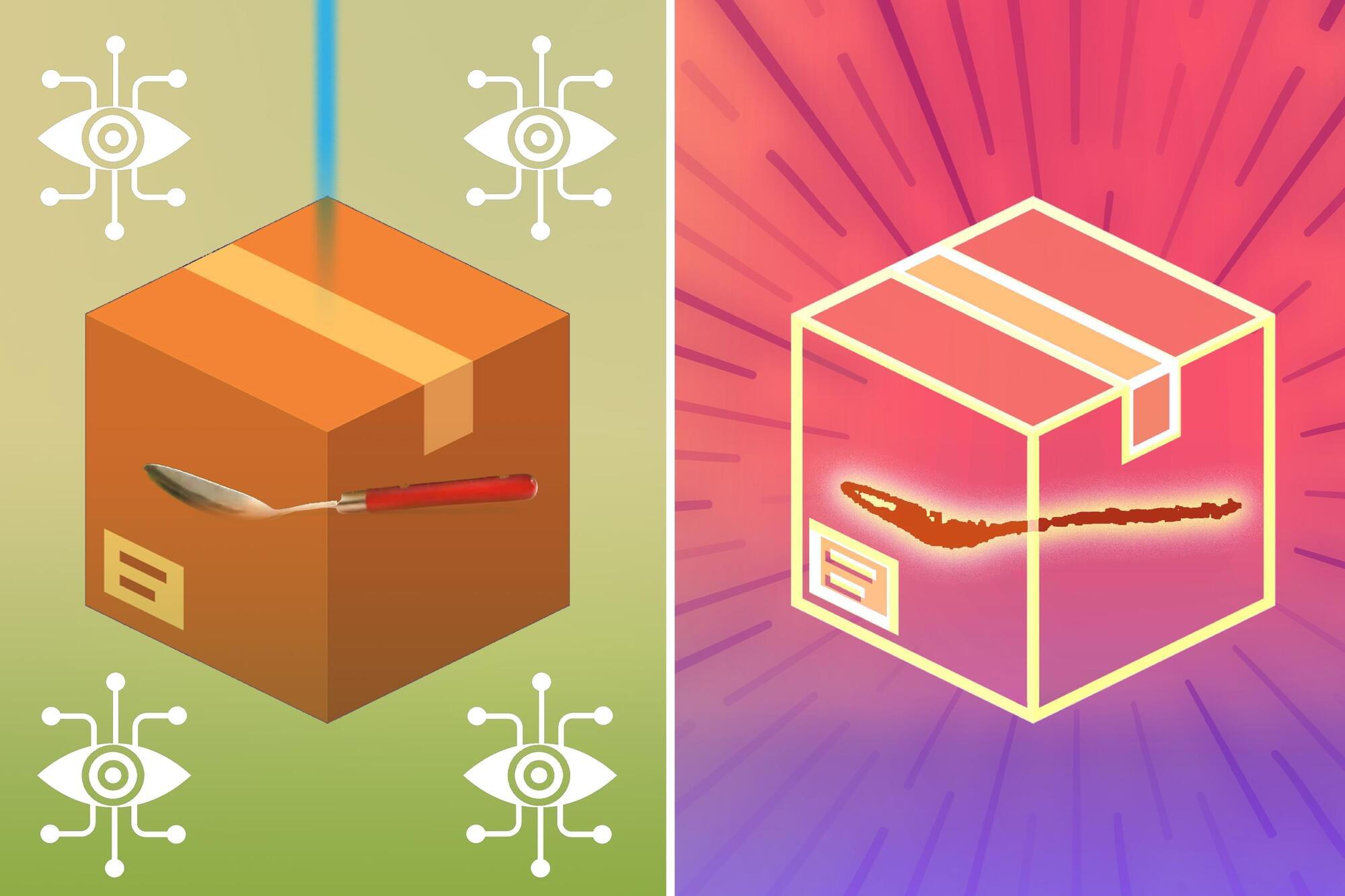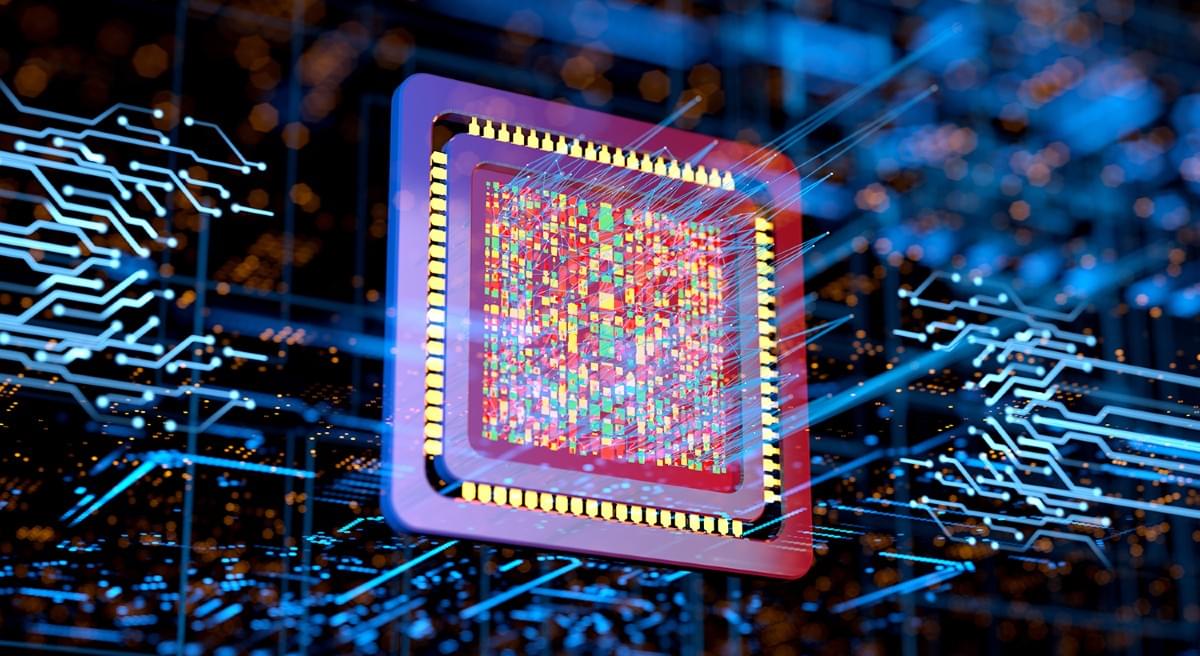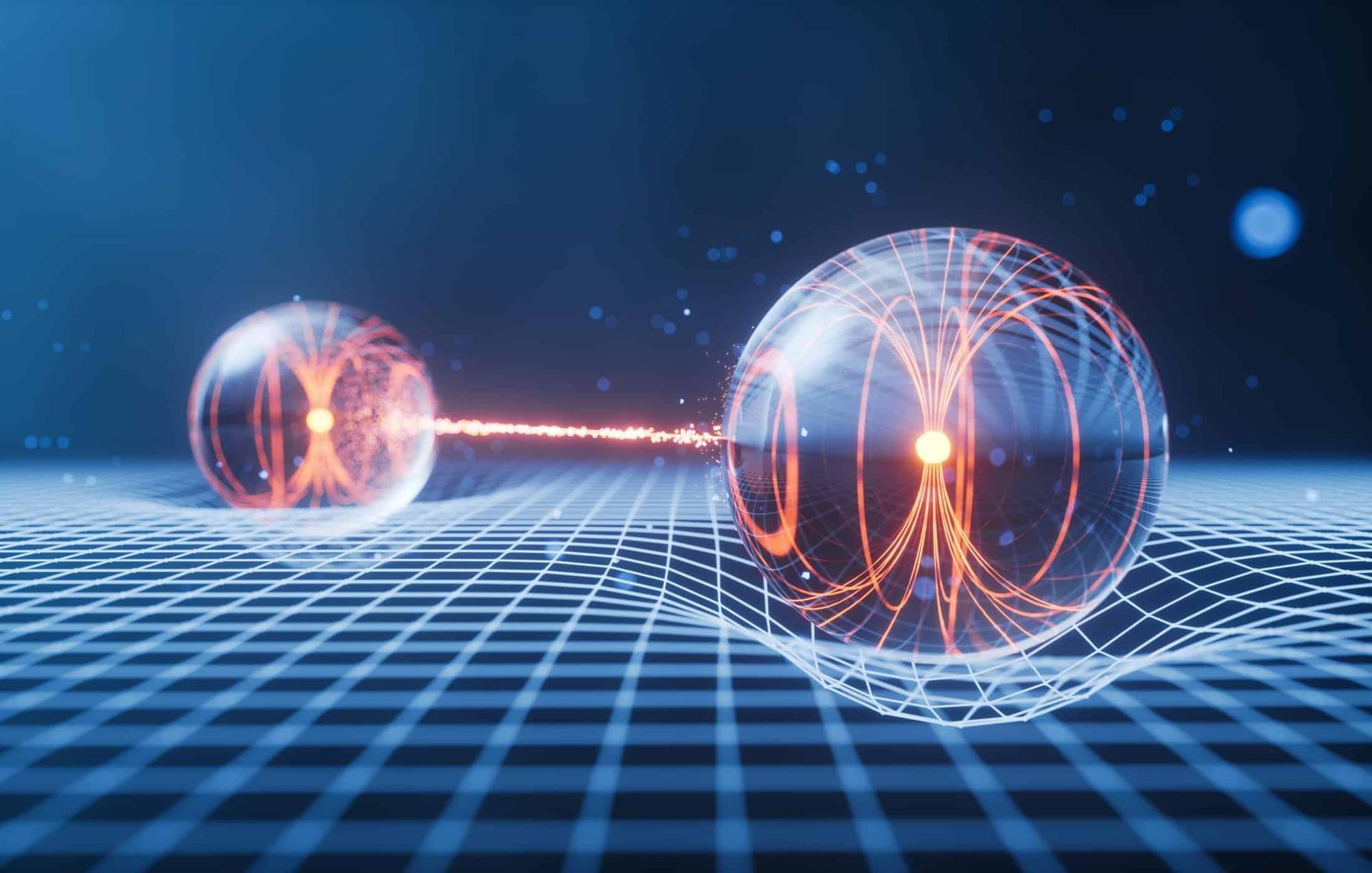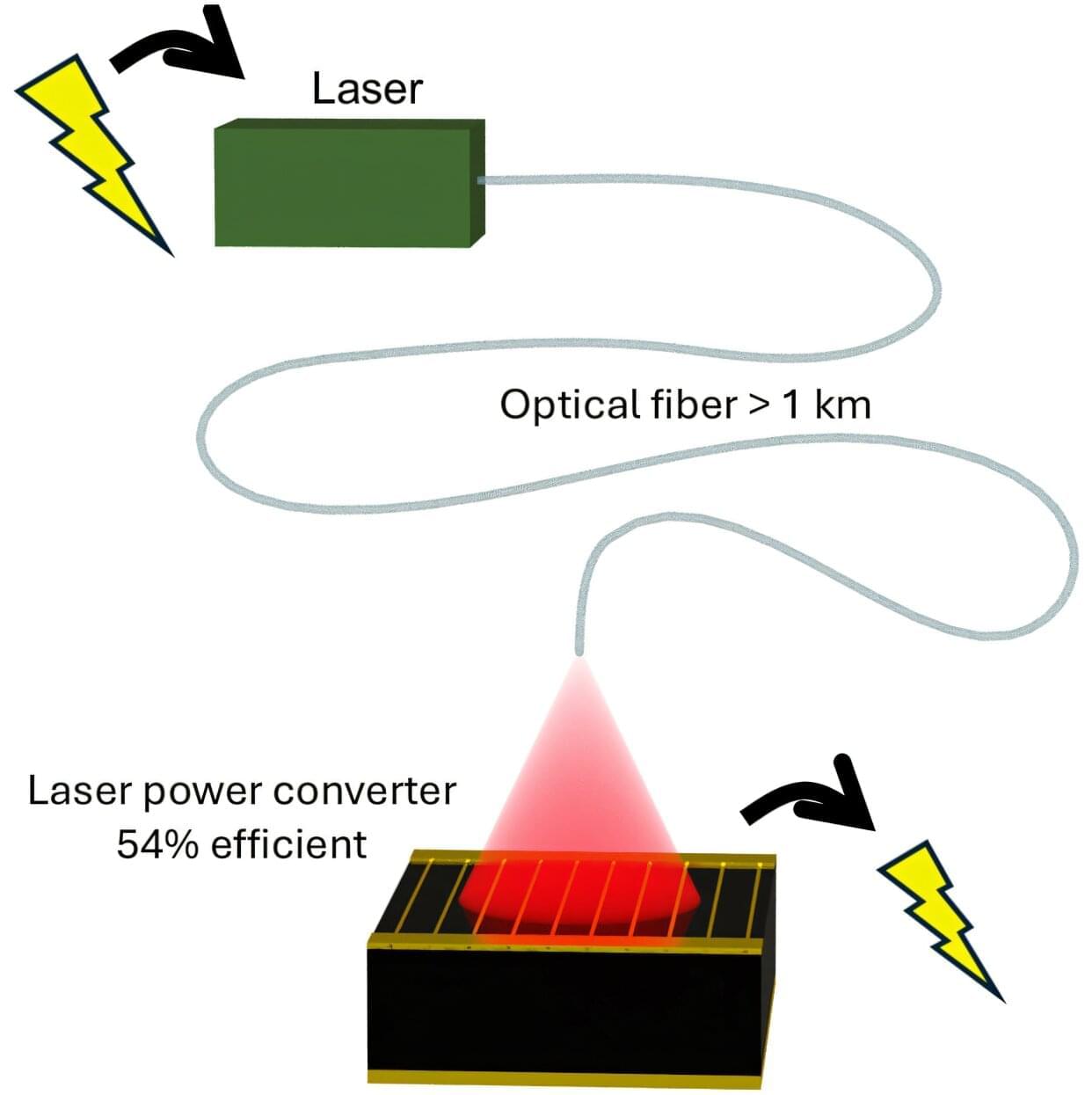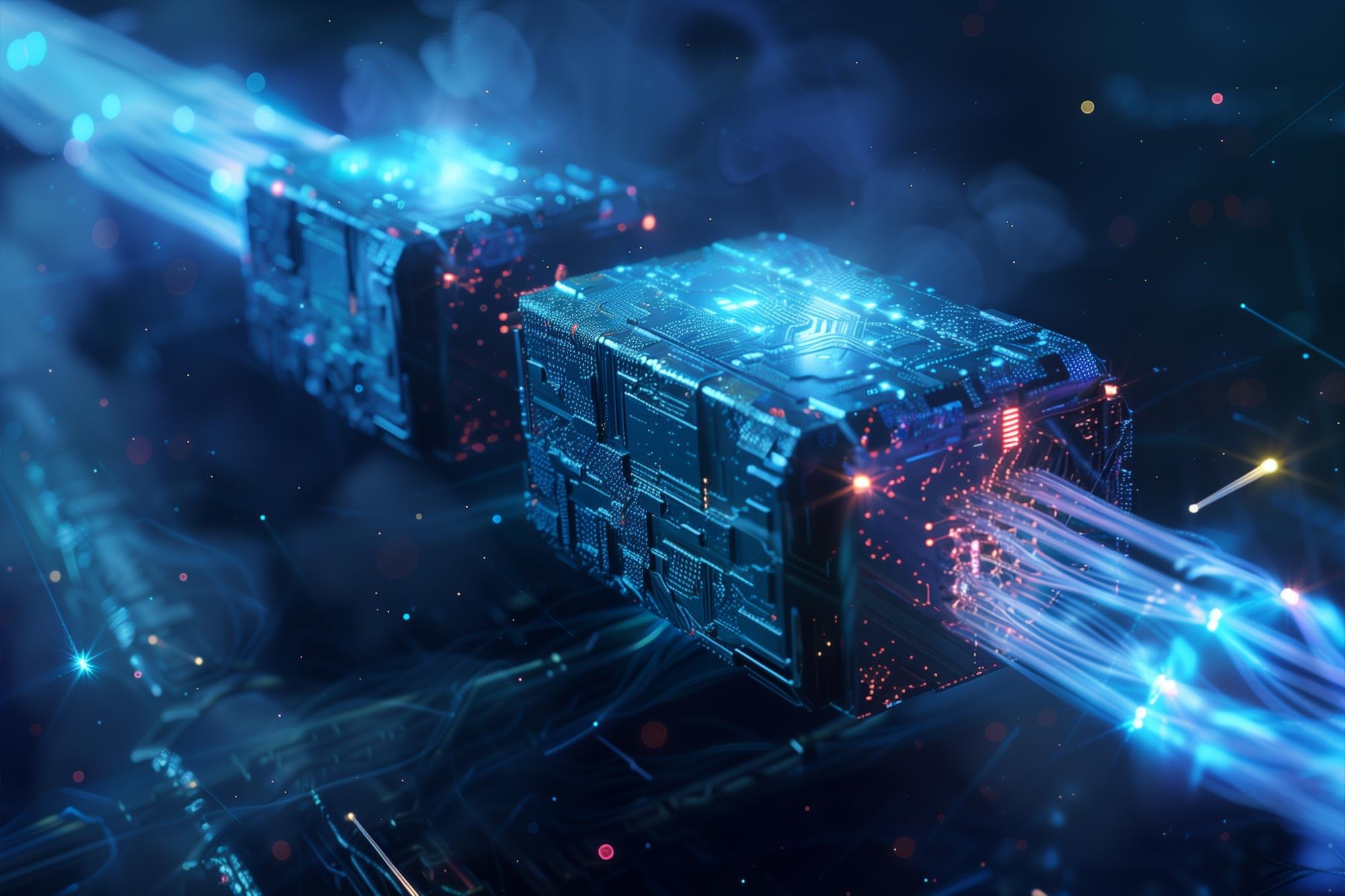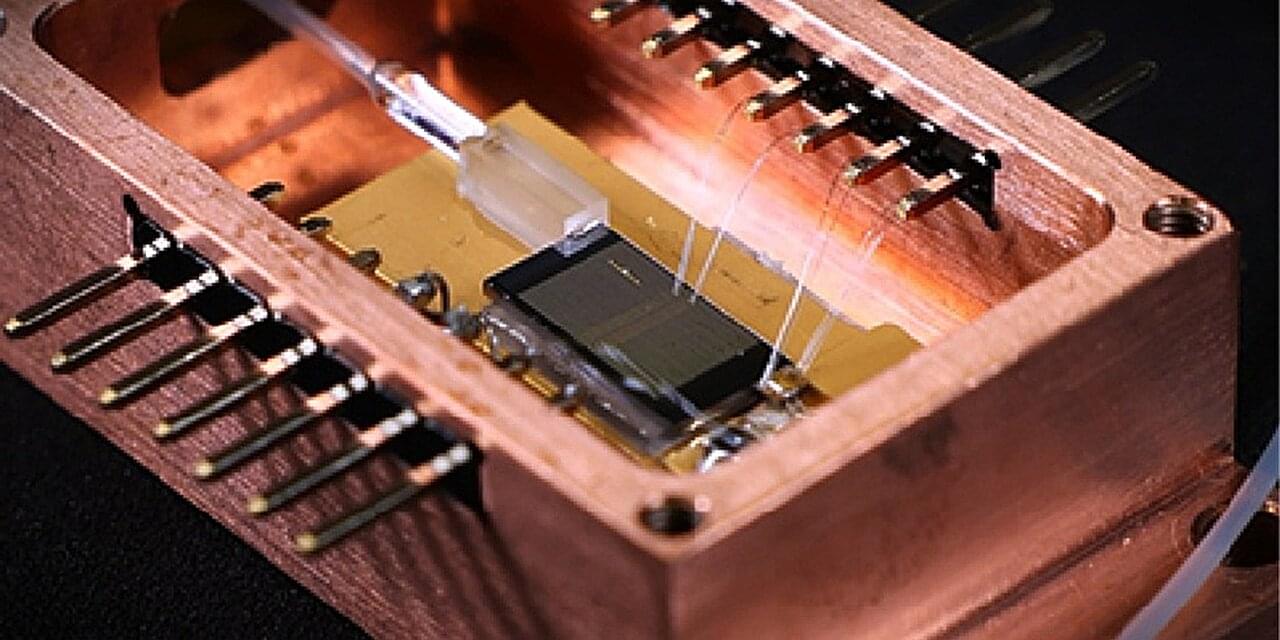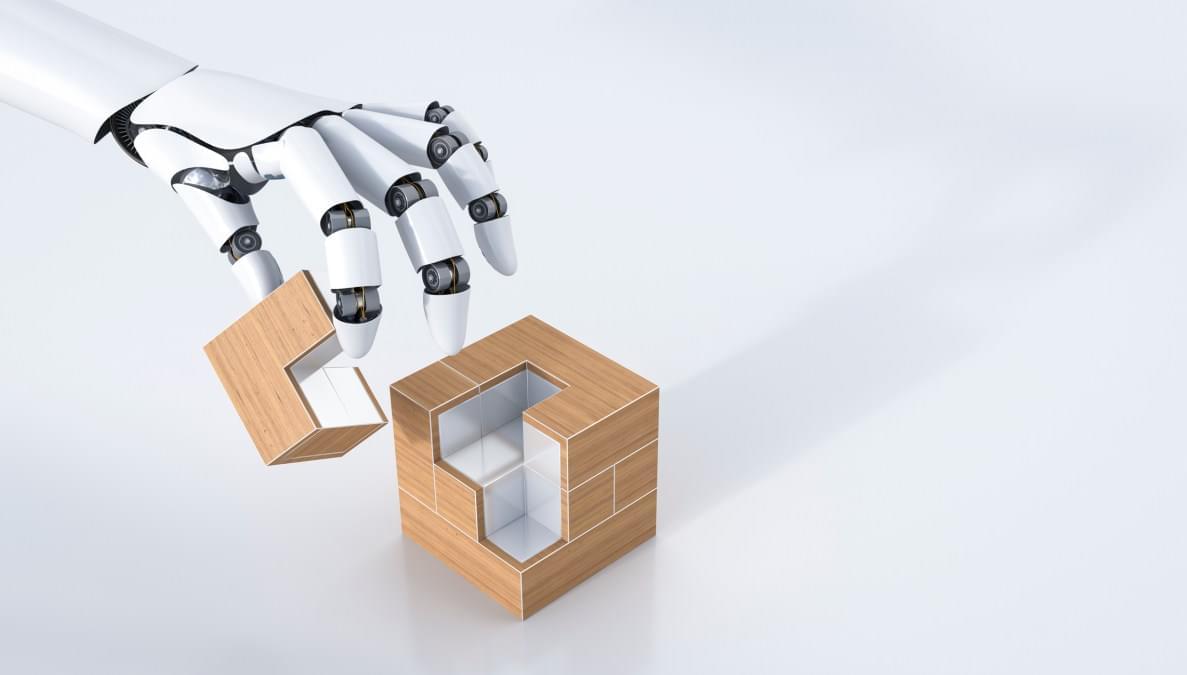From enabling quantum supercomputers to securing communications and teleporting quantum states, entanglement is the thread weaving through all of quantum technology. What once struck Einstein as a paradox is today routinely observed and harnessed in labs – the “spooky action” has become a practical tool. We have learned that entanglement is not some esoteric fringe effect; it’s a concrete physical resource, much like energy or information, that can be exploited to do tasks that are otherwise impossible. Its special correlations allow quantum computers to perform massively parallel computations in a single wavefunction, allow cryptographers to detect eavesdroppers with absolute certainty, and allow quantum states to be transmitted without moving a physical carrier.
Yet, there is still much to master. Entangling a handful of qubits is easy; doing so with thousands or millions – while keeping them error-corrected – remains a grand challenge. As we push the number of entangled particles higher, we are essentially scaling up new forms of matter (entangled states) that have no counterpart in classical physics. In 2022, a 12-qubit entangled state might be a small quantum circuit; by 2035, we could be operating machines where 1,000 qubits are all entangled in complex ways, delivering computational feats far beyond today’s reach. On the communications front, nascent quantum networks are entangling nodes over city-scale distances, working toward a future quantum internet that could interconnect quantum computers or enable clock synchronization and sensing with unprecedented precision. Each improvement in generating high-quality entanglement over distance inches us closer to unhackable global communication links.
Entanglement also raises philosophical questions about the nature of reality – it blurs the boundary between “separate” objects and challenges our intuitions of locality. But from an engineer’s perspective, entanglement is also just another phenomenon to be tamed and utilized. The narrative of quantum technology is one of turning quantum quirks into quantum capabilities. Where classical engineers use wires and signals, quantum engineers use entanglement and superposition. It’s telling that entanglement is often called the “essence” or “cornerstone” of quantum mechanics – crack it, and you unlock a whole new paradigm of information processing.
